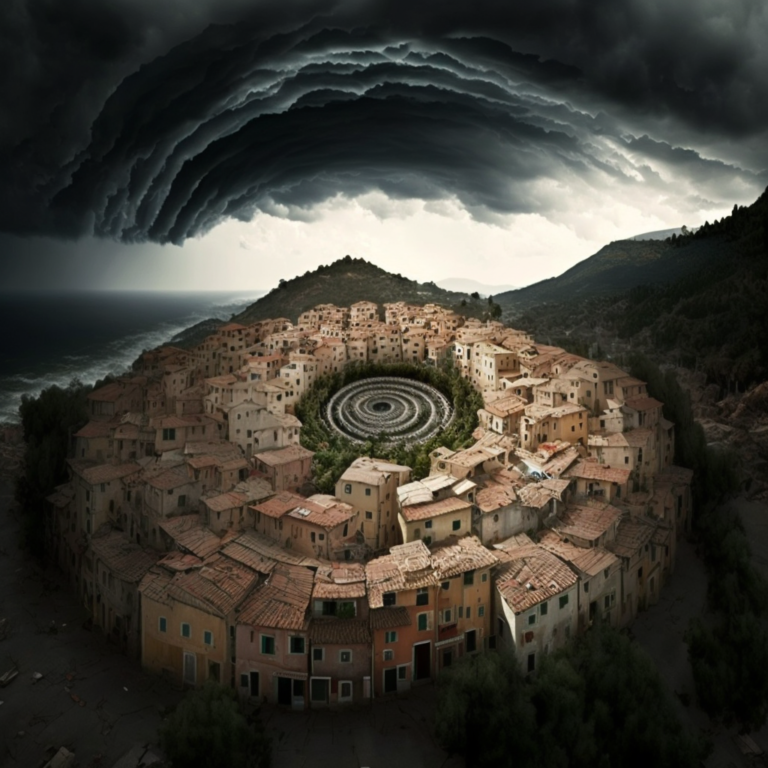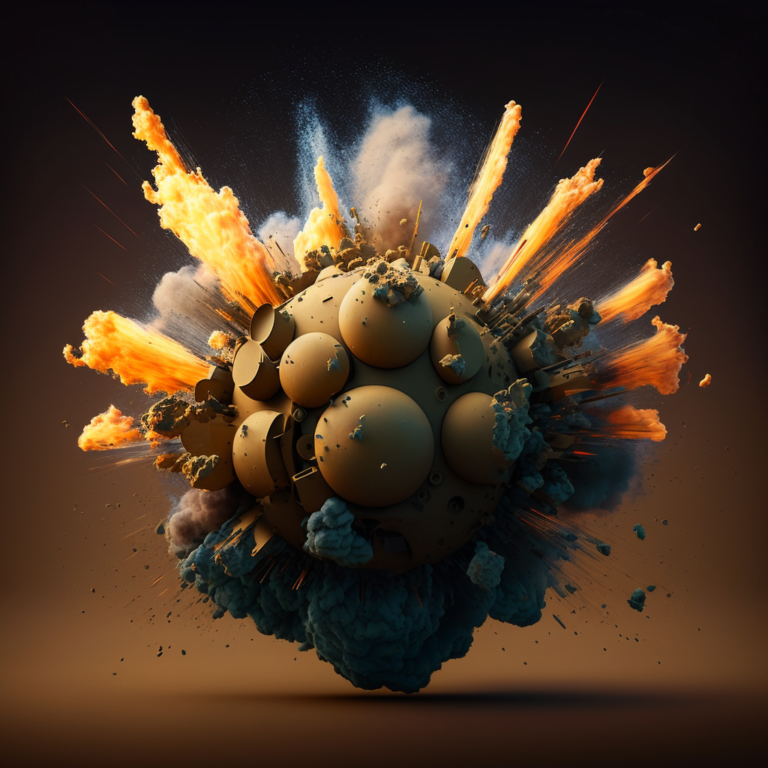Our Sexuality
Contrary to what Western society leads us to think, our body is not sexual. it’s the envelope that allows us to evolve in the physical world but its sex and our sexual activities do not enter in its definition.
For centuries, to better control populations by playing on humans’ guilt, religions have banned nudity, transforming naked bodies into symbols of shame related to carnal desire, creating lots of frustrations and deviances in the process. This legacy is still very much alive in our societies’ popular imagery in which certain body parts must still be hidden, such as women’s breasts or bums, hair in some cultures, or penis when men are concerned. It should be noted that, in ancient Greece, penises, even in an embryonic state, were openly represented in art. Subsequently, throughout ages, women’s breasts and bums have regularly been represented and magnified in paintings and sculptures. In addition, indigenous peoples around the world still live naked, protecting their genitals for hygiene and not in shameful hiding; as incredible as it may seems, this nakedness does not cause any chaos within those societies due to the fact the men and women that inhabit them would not able to repress their sexual urges at the sight of a naked body.
Indeed, it is our relationship to our body and its (over)sexualization, nourished by our religions and cultures, that generates sexual deviances and the shame that we constantly feel about our bodies, which never seem beautiful or perfect enough, nor ever covered enough, even by 100° Fahrenheit, not to trigger irrepressible sexual urges.
Moreover, in our societies, we tend to confuse sexuality and love feelings. If the two are indeed linked, they can nevertheless co-exist without one another, proof that they are two separable elements. In the same way, when sexual activity becomes rarer in a couple, the two concerned persons tend to think that their partner does not love them anymore because he/she desires them less… Note that there are two distinct words to talk about love and desire, proof that these are indeed two different things.
Our sexual desires are very seldomly linked to the love we feel for our partner but rather to our current desire for his/her body and the way we manage ours. Likewise, we can desire someone we don’t love and be too tired or preoccupied at any given time to want to have sex with the person we love. Do we love him/her less then? Not likely, simply our mind is not available to share a recreational moment with him/her, because sexuality is nothing else but an intimate recreational moment, inhanced when we share it with someone we love.
In the same way, sexual activity cannot represent a personal achievement or be a life goal. If this activity is shared with a partner for whom we have feelings, it is generally a source of fulfillment and well-being. Nevertheless, if it is only a recreational activity, it can induce, at high levels, the same addictions as tobacco, alcohol or any type of drug. Indeed, sex triggers the same chemical mechanisms in our brain: the release of serotonin, also called hormone of pleasure. However, this pleasure, like the cigarette one, lives short and, when it is not supported by love or affection, it is often followed by a feeling of inner emptiness, which can be deepened in period of unease or depression, like the end of intoxication after a drunken evening. It is for this reason, and with the same underlying motivations, that there is a sex addiction identical to drugs because the greater the pleasure, the greater the subsequent void to be filled which can prove to be abysmal.
Regarding our sexual orientation, in times when reproduction was essential to provide workforce to produce food and wealth given mortality rate, infant mortality and short life expectancy, it seemed important to promote heterosexuality and banish homosexuality which did not serve the needs and interests of monotheistic religions. However, in more prosperous and advanced ancient societies, such as Ancient Greece again, homosexuality was part of the so-called normal way of being.
It is possible, even probable, that our sexual orientation is related to our hormonal development but, in no case, can it be equated with a body malfunction or an abnormal development. Heterosexuality is not a choice: when we are heterosexual, we do not choose to love and/or be sexually attracted to someone of the opposite sex, we are just made that way. It is exactly the same for homosexual people, they are just made that way.
What we all choose is the nature of our sexual activities which are not subject to judgement if shared by consenting adults and are not harmful to any of the participants. If our sexual behavior does not harm anyone, in no way can it be considered as a deviance or be a source of guilt. We don’t judge a person because he/she prefers going to the cinema rather than playing ping-pong…
Sexual intercourse is a recreational activity like any other though we must take in account it involves an intimacy that induces vulnerabity. However, in no way does it define who we are nor does it interfere with our ability to be happy.

You need guidance ?
I am here for you.


